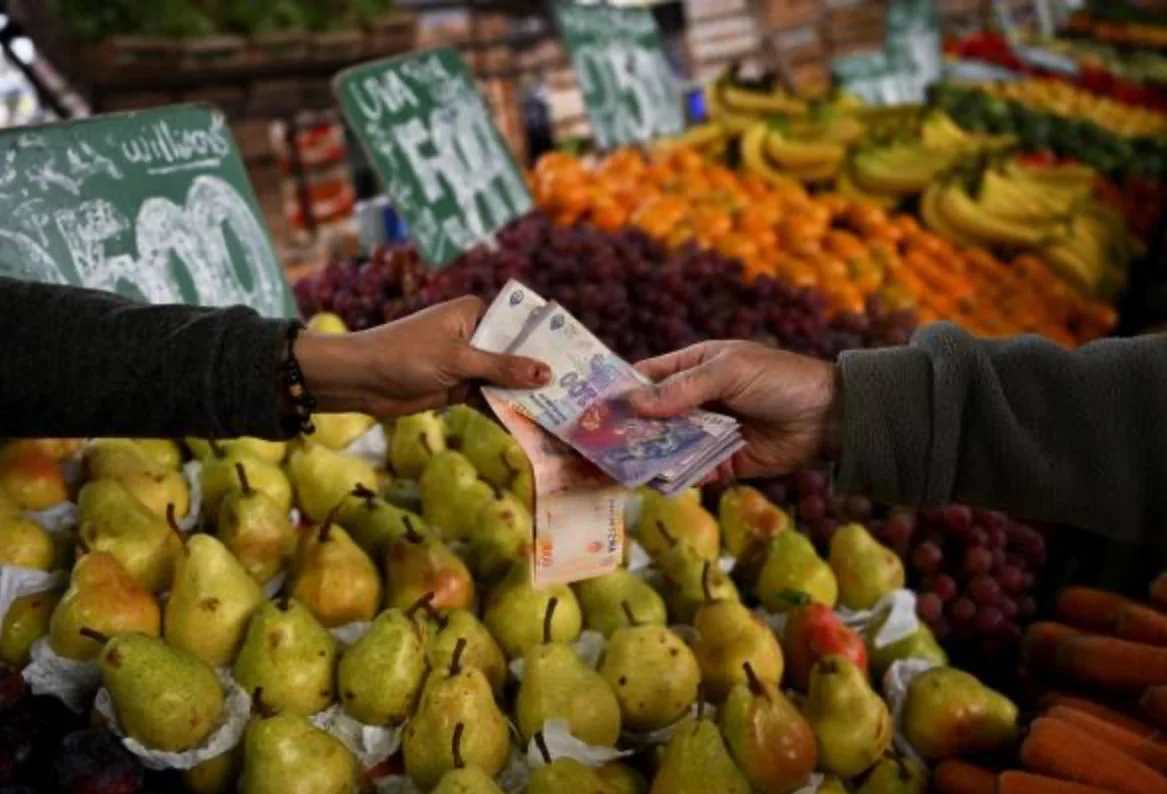What is economic condition of Argentina 2024
Introduction
Here is an overview of Argentina’s struggling economy
Economic contraction:
Argentina’s economy is expected to contract by 3.5% to 4% in 2024, according to various forecasts.
The country experienced a 1.6% economic contraction in 2023.
High inflation:
Inflation remains extremely high, reaching 209% year-over-year in September 2024.
The government has implemented measures to combat inflation, including fiscal adjustments and monetary contraction.
Fiscal situation:
The government has achieved a fiscal surplus in the first 8 months of 2024, with a financial surplus of 0.3% of GDP and a primary surplus of 1.5% of GDP.
This was driven by significant cuts in public spending (30% reduction in real terms).
Poverty and social impact:
As of 2023, 41.7% of the population (19.4 million people) was living in poverty, with 11.9% in extreme poverty.
The economic crisis has led to declining real wages and increased difficulty in sustaining livelihoods.
Stabilization efforts:
The government has implemented a stabilization program aimed at achieving fiscal balance and eliminating monetary issuance.
Measures include reducing subsidies, closing government agencies, and deregulating certain private sectors.
Exchange rate and reserves:
The central bank has maintained a crawling peg of 2% per month since December 2023.
There are plans for a gradual easing of currency restrictions towards the end of 2024, with potential FX rate unification in the first half of 2025.
International relations:
Argentina is under a 30-month Extended Fund Facility with the IMF, which completed its eighth review in June 2024.
Future outlook:
The economy is expected to rebound in 2025, with projections of 5-6% growth.
However, challenges remain, including high inflation, debt management, and potential weather-related risks to agricultural exports.
Conclusion
Argentina is currently facing significant economic challenges, including high inflation and economic contraction. However, the government has implemented stabilization measures that have shown some initial positive results, particularly in fiscal management. The country’s economic recovery is expected to begin in 2025, but significant risks and challenges remain.





